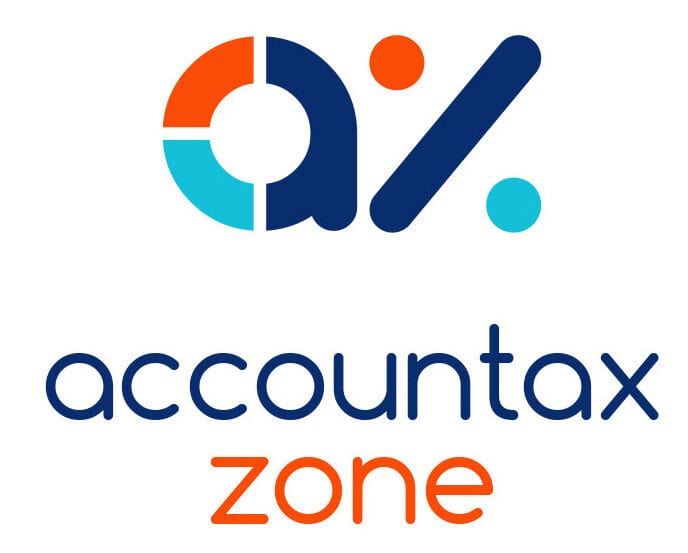If you provide your services personally to an end client through your own limited company or other intermediary, you may fall within the scope of either the off-payroll working rules or the anti-avoidance rules known as ‘IR35’. Both aim to redress the tax and National Insurance balance where the worker would be an employee if they provided their services directly to the end client; however, the responsibility for applying the rules differs. Under the off-payroll working rules, it is the engager who must decide if they apply, whereas the responsibility for assessing whether the engagement falls within the IR35 regime, and applying the rules if it does, falls on the worker’s personal service company or other intermediary.
IR35 or off-payroll working?
The nature of the end client determines which set of rules must be considered. Where the end client is a large or medium-sized private sector organisation or one in the public sector and they engage workers who provide their services through an intermediary (such as a personal service company), they will need to determine whether the worker would be an employee if they provided their services directly. Where this is the case, the end client (or fee payer where different) must deduct tax and National Insurance from payments made to the worker’s intermediary, rather than making the payments gross. Here, it is the end client who is responsible for applying the rules, not the worker’s personal service company.
By contrast, small private sector organisations do not need to worry about whether an engagement falls within the scope of the off-payroll working rules. Instead, the responsibility falls on the worker’s personal service company to determine whether the engagement is within IR35.
You might also like to read: Do you now need to pay tax on your dividend income?
Know your end client
In order to ascertain whether you need to consider the IR35 rules, you need to know whether the client to who you are providing your services via your personal service company or other intermediary is a small private sector organisation. This will be the case if the organisation does not meet two or more of the following:
- Annual turnover of more than £10.2 million
- Balance sheet total of more than £5.1 million
- More than 50 employees.
Often, particularly at the smaller end, it will be apparent. If not, you should check with the client.
Complying with IR35
If your end client is a small private sector organisation, you will need to determine whether the engagement falls within the scope of the IR35 rules. The first stage is to assess whether you would be an employee if you provided your services to the client directly. You can use HMRC’s Check Employment Status for Tax (CEST) tool to do this. If the answer is yes, you will need to work out the deemed employment payment, calculate the tax and National Insurance due on this, and report it to HMRC by 5 April at the end of the tax year.
Partner note:










